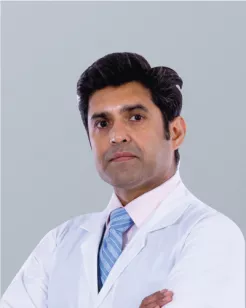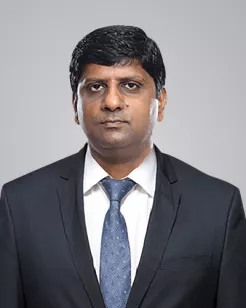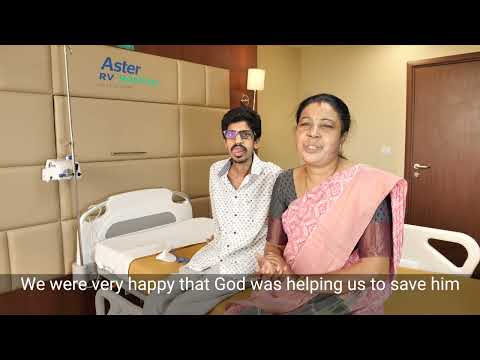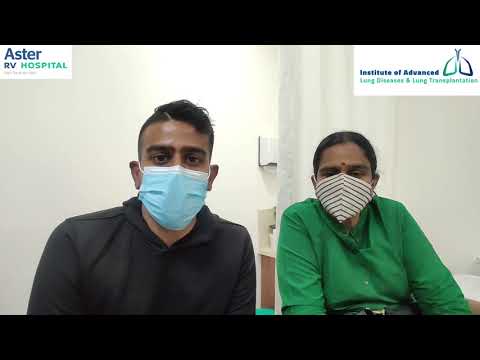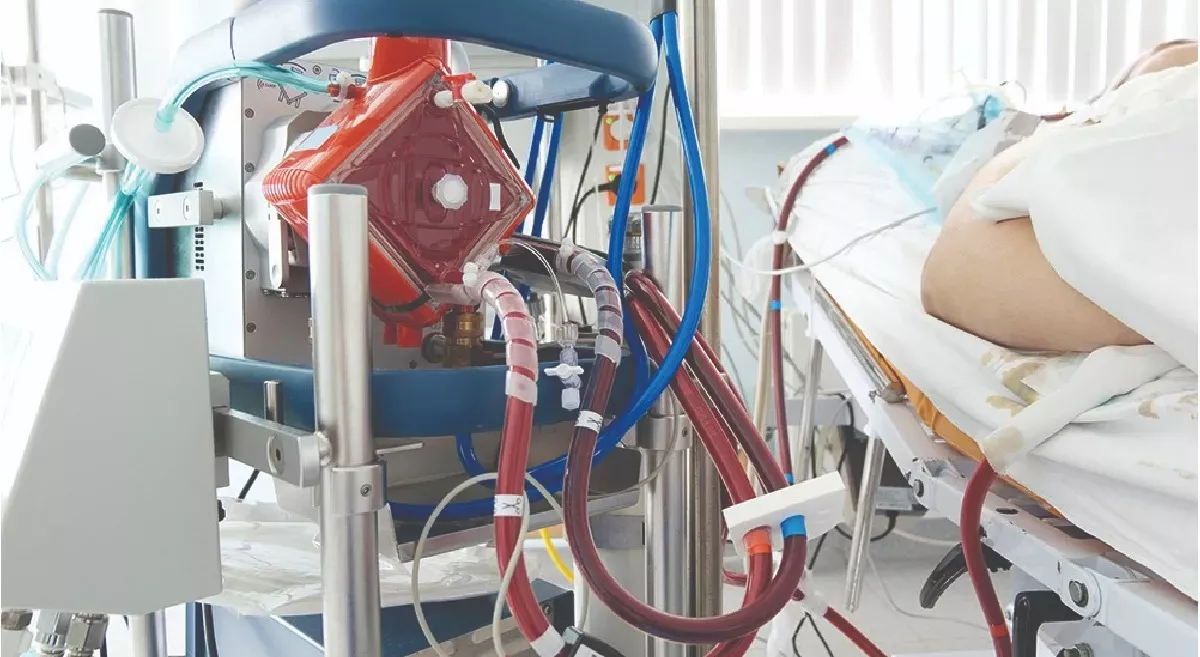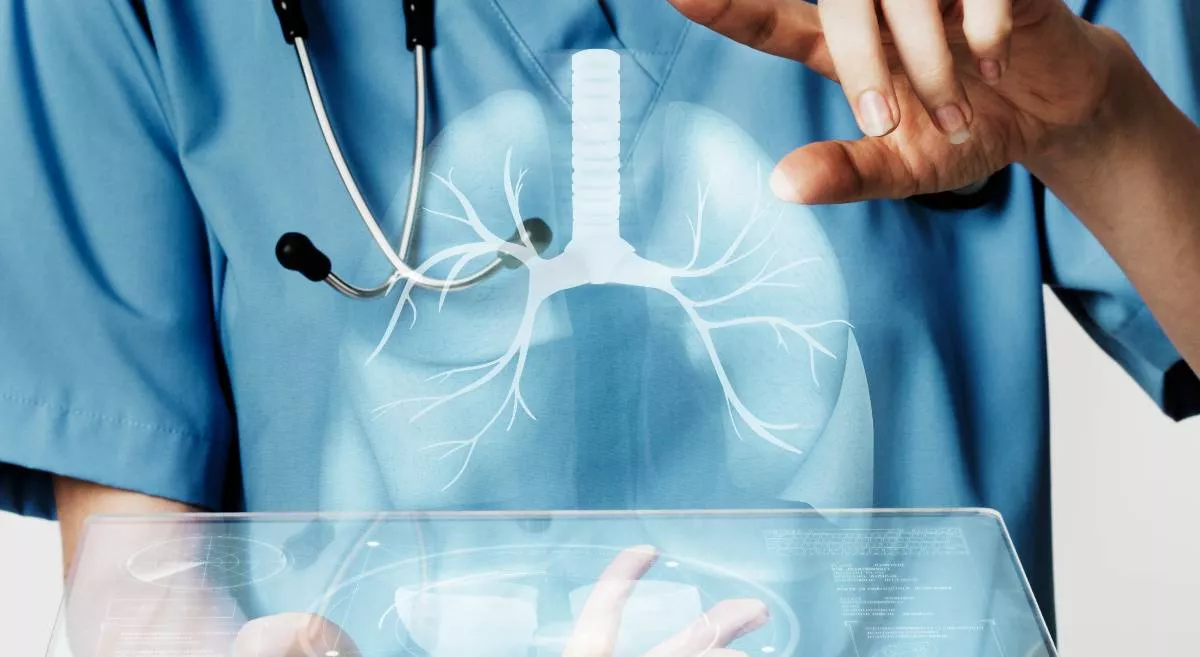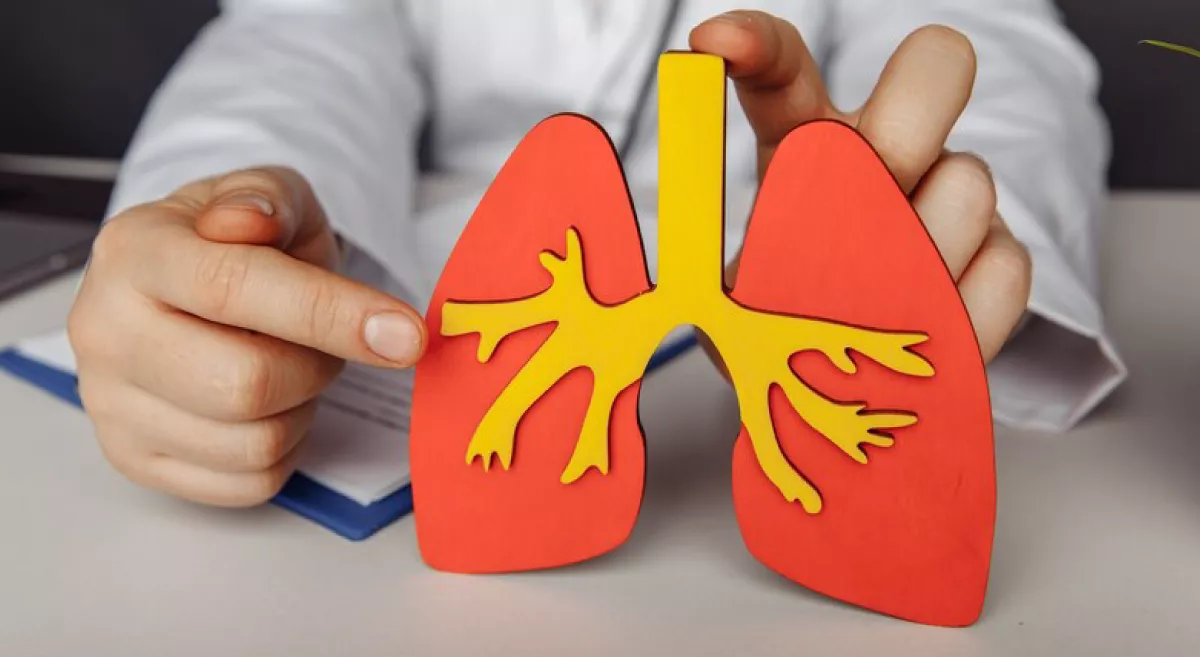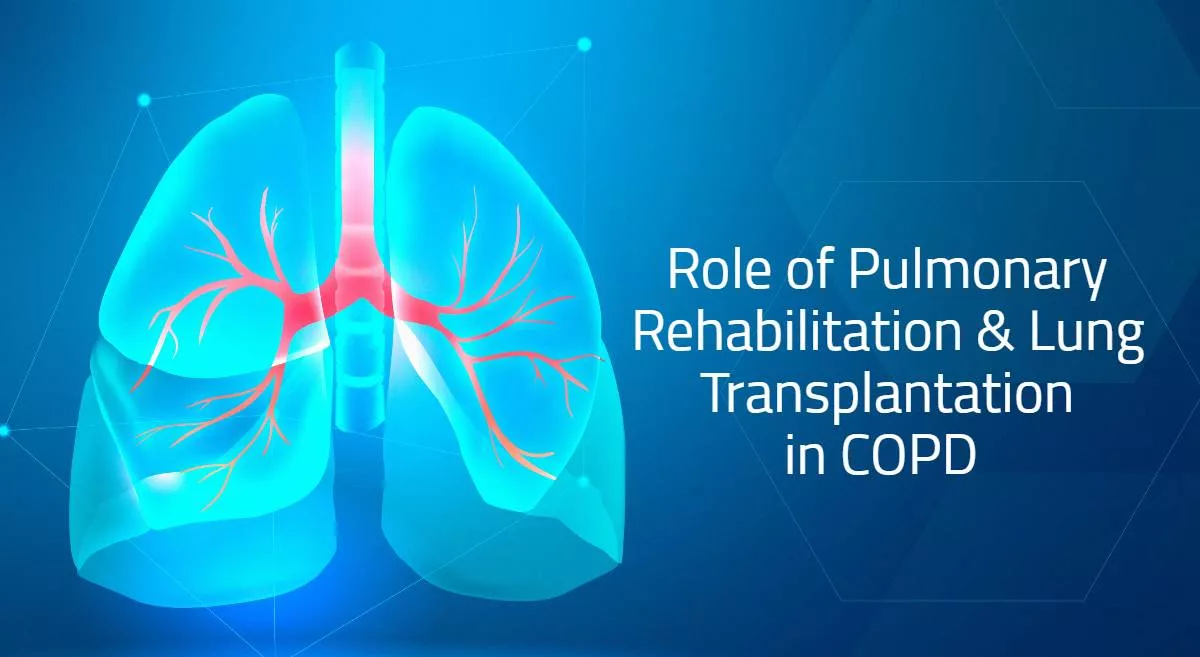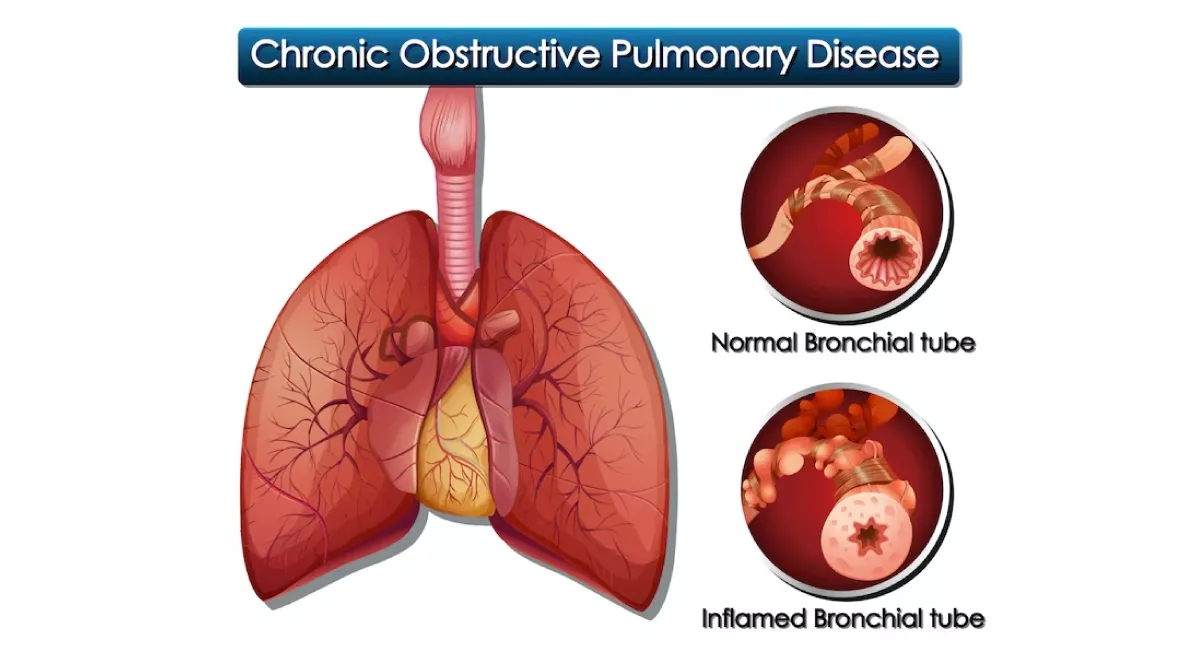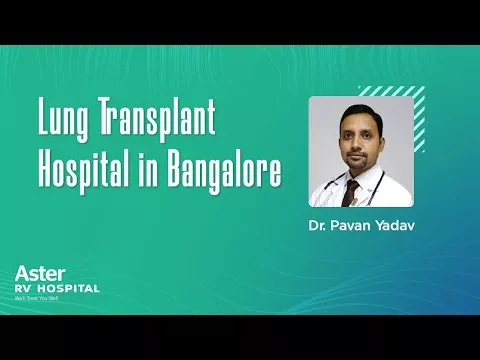Lung transplantation, or pulmonary transplantation, is a surgical procedure in which a patient's diseased lungs are partially or totally replaced by lungs which come from a donor. Donor lungs can be retrieved from a living donor or a deceased donor. A living donor can only donate one lung lobe.
Our Doctors
We have some of the best specialists from around the world, they bring years of experience and offer evidence-based treatment to ensure the best care for you.
FAQs
At Aster Hospitals we provide the highest quality of care and a transformative experience for all your healthcare needs. With our network of multi-speciality hospitals, specialised doctors, and world-class technology, we bring global standards of medical care to our patients.
What to expect from a lung transplantation surgery?
As you recover from your transplantation, we will help you monitor your health and understand complications that may occur. After the transplantation, you may have weekly hospital visits for the first few months and then less frequent visits over time. You may also be asked to take a few tests like chest X-rays and pulmonary function tests. Bronchoscopy and CT scans of the chest will also be done in longer intervals.
How much does a lung transplantation cost?
The cost usually depends on a range of factors. This can only be quoted upon meeting the transplant coordinator.
How long does it take to recover from a lung transplantation?
It takes 3 to 6 months to fully recover from a lung transplantation.
What is a lung transplantation?
Lung transplantation is a surgical procedure that involves replacing a diseased or damaged lung with a healthy lung from a deceased donor or, in some cases, from a living donor. It is typically performed in patients with end-stage lung diseases that cannot be adequately treated with other medical interventions.
How long is the waiting period for a lung transplant?
The waiting period for a lung transplant can vary significantly depending on several factors, including the patient's blood type, the severity of their condition, and the availability of suitable donor organs. On average, the waiting period can range from a few weeks to several months.
How long can a transplanted lung last?
The longevity of a transplanted lung can vary among individuals. On average, most lung transplant recipients can expect their transplanted lung to function well for approximately 5 to 10 years. However, with advancements in surgical techniques, post-transplant care, and immunosuppressive medications, there have been cases where transplanted lungs have functioned for more than 15 years.
What is a lung transplant?
Lung transplant is a surgical procedure that replaces one or both damaged lungs of a patient with healthy lungs from a deceased donor. This option is typically considered for individuals with advanced lung diseases like Chronic obstructive pulmonary disease (COPD), Interstitial lung disease (ILD), Pulmonary Hypertension, or Cystic fibrosis when other medical and surgical treatments are ineffective.
Who is eligible for a lung transplant?
Eligibility for a lung transplant is determined through a comprehensive medical evaluation. Factors considered include overall health, lung function, and other medical conditions that could impact the success of the transplant.
What is the role of the transplant team?
The transplant team at Aster CMI Hospital includes transplant surgeons, pulmonologists, transplant coordinators, social workers, dietitians, psychologists, and other specialists. They work collaboratively to manage all aspects of lung transplant services, from evaluation to post-transplant care.
What is the recovery process after a lung transplant?
After surgery, patients require intensive care and monitoring. They undergo structured rehabilitation programs to regain physical strength and lung function. Regular follow-up appointments are essential for ongoing health management.
How long do recipients need to take immunosuppressive medications?
Recipients need to take immunosuppressive medications lifelong to prevent organ rejection. The medication regimen is carefully balanced to prevent rejection while minimizing side effects.
How do I learn more about the lung transplant process and expectations?
Extensive education is provided to patients and caregivers about the transplant process, medications, self-care, and lifestyle adjustments. Understanding these aspects is crucial for a successful outcome.
What is the age limit for a Lung transplantation?
The usual age limit for lung transplantation is 65 years and below.
What is the life expectancy after lung transplantation?
The life expectancy after a lung transplantation can vary between 5 - 10 years or more.
How long will I have to wait for new lungs?
On an average 3-4 months.
Who is a candidate for a lung transplantation?
Candidates for lung transplantation are individuals with severe, irreversible lung diseases, such as chronic obstructive pulmonary disease (COPD), idiopathic pulmonary fibrosis (IPF), cystic fibrosis (CF), or pulmonary hypertension. Eligibility for lung transplantation depends on several factors, including the severity of the disease, overall health status, and the absence of contraindications.
What are the risks and complications associated with lung transplantation?
Lung transplantation is a complex surgical procedure with potential risks and complications. Some of the risks include organ rejection, infection, bleeding, blood clots, and complications related to immunosuppressive medications.
Are there any lifestyle changes required after lung transplantation?
Yes, lifestyle changes are necessary after lung transplantation to optimise the long-term success of the transplant. These changes may include adhering to a strict medication regimen, maintaining a healthy diet, exercising regularly, avoiding tobacco smoke and environmental pollutants, and practicing good hygiene to reduce the risk of infections. It's crucial for recipients to follow the guidelines provided by their transplant team for a healthy and successful outcome.
How successful are lung transplants?
The success of a lung transplant depends on various factors, including the patient's overall health, the surgical procedure, post-operative care, and adherence to medications. Successful lung transplants can significantly improve the quality of life for recipients.
What is the process for getting a lung transplant?
The process involves medical evaluation, being placed on a waiting list, matching with a suitable donor, the surgical procedure itself, intensive post-transplant care, rehabilitation, long-term follow-up, and immunosuppression management.
How are donor lungs matched with recipients?
Donor lungs are matched with recipients based on compatibility factors like blood type, HLA typing and Lung size match. The transplant center coordinates with organ procurement organizations to find suitable matches.
What are the risks associated with lung transplants?
Lung transplants are complex surgeries with risks including rejection, infection, and side effects of immunosuppressive medications. The transplant team carefully manages these risks throughout the process.
What kind of support is provided for emotional and psychological needs?
Emotional and psychological support is offered through social workers, counselors, and support groups. These resources help recipients and their families cope with the challenges of transplantation and recovery.
What professionals are part of the transplant team?
The transplant team includes a diverse range of specialists such as transplant surgeons, pulmonologists, transplant coordinators, psychologists, dietitians, respiratory therapists, and more. Their collaboration ensures comprehensive care addressing various needs.
Patient Stories
Our patients are our best advocates, hear the inspiring stories of their treatment journey
Blogs
The source of trustworthy health and medical information. Through this section, we provide research-based health information, and all that is happening in Aster Hospital.

